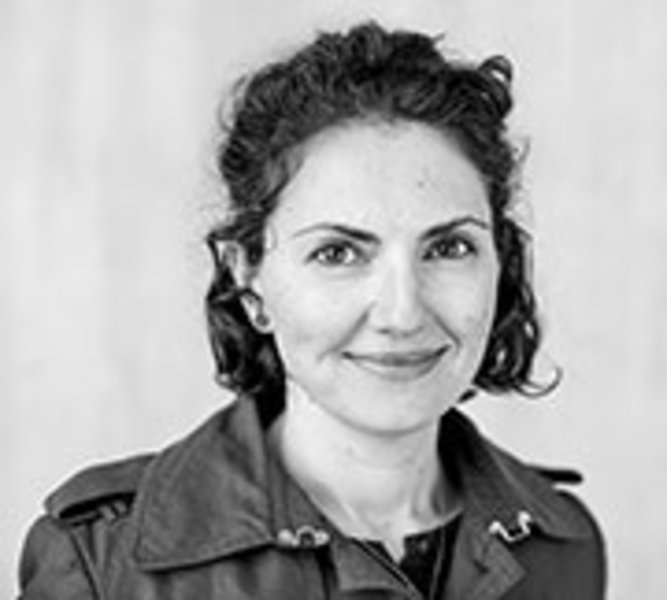
Coworking may not be the first thing to come to mind when thinking about the “sharing economy,” but it ought to be, particularly if you consider the statistic from the Freelancer’s Union that one in three of us in the U.S. is an independent worker. If it wasn't for workspace sharing, creative ideas would be cooped up at home, missing the chance to intermingle with one another to create innovation.
Office sharing—and everything that comes along with it—has grown dramatically in the last several years of economic funk. According to Deskmag, a site that tracks and promotes coworking, there are more than 2,000 coworking spaces globally, up from 600 in 2010.
Coworking spaces come in all shapes and sizes, but what many have in common is a hip, modern design that aims to encourage collaboration through a wide open space full of workstations (instead of offices), ample natural light and an ambient décor.
Most coworking spaces encourage collaboration among members, but some make it their priority to foster serendipitous innovation by bringing together people from specific industries or with complamentary skill sets.
One such example is The HUB, an international network of independently run coworking spaces designed specifically for mission-driven businesses, or for “people who want to build a better world,” as Jeff Shiau, a program manager at The HUB Bay Area, puts it. It was founded in London in 2005, and today has nearly 50 locations and 6,000 members in cities like San Francisco, Madrid, Singapore, Tel Aviv and Johannesburg.
“Every location has its own founding team, but [The HUB] is not cookie cutter like a franchise,” explained Shiau, who is employed by the parent company of The HUB Bay Area, which has working spaces in San Francisco and Berkeley and produces the annual SOCAP conference, exploring the intersection of business and social impact. Two more Bay Area HUBs—Silicon Valley and Oakland—are opening later this year, Shiau said.
Although each HUB is independently run and structured (some are nonprofits others are for-profits), it is part of a global association of HUB founders and adheres to global brand guidelines. Each one also pays dues—determined primarily by its membership revenue—to HUB Company, a nonprofit that coordinates logistics for the organization. Every year, HUB founders get together in a different city around the world for strategy talks on issues of governance, programming, and space design.
Currently, the group is trying to figure out how to quantify its impact, Shiau says: “We have the pulse, but not at a surgical level.” The first item on the organization’s agenda is to determine which impact metrics to use: how many jobs it’s creating vs. how much capital it’s directing towards specific ideas or sectors vs. the impact it’s making on local communities, for instance.
If it counts the impact of members and partners, the results could be quite impressive. The HUB Bay Area attracts some heavy hitters in the sustainable business space, including the Presidio Graduate School and B Lab—the nonprofit certifier for B Corp (HUB Bay Area is certified)—both with permanent offices at the San Francisco location.
Providing an opportunity to rub elbows with organizations like these certainly makes membership alluring for early stage impact startups that can draw on the expertise of these more established members and the impressive speakers The HUB Bay Area secures. Speakers have included Matt Flannery, co-founder and CEO of Kiva; Leila Janah, founder of Samasource, and Jeff Raikes, CEO of Bill & Melinda Gates Foundation.
There are additional business-school-like benefits of membership, including access to a large variety of useful workshops and a startup accelerator program called HUB Ventures. And, of course, there are ample social activities to ensure that members meet each other and that the sharing of ideas ensues. These include a HUB softball team, weekly public lunches and waffle Mondays.
The people behind this organization view The HUB’s role and potential impact as extending far beyond the sharing of space and resources. They consider The HUB a home for like-minded change agents, "a global movement,” Shiau proclaims in true Bay Area entrepreneurial fashion.
“My goal is that by 2015 all HUBs around the globe will be so mobilized, we’ll be able to influence the U.N. on issues.”
I wouldn’t put it past them.
Follow me on Twitter: @kuurlyq

Lonnie Shekhtman is a Massachusetts-based writer covering sustainable business, food systems, social enterprises and impact investing. Stay in touch by following Lonnie on Twitter: @kuurlyq.














